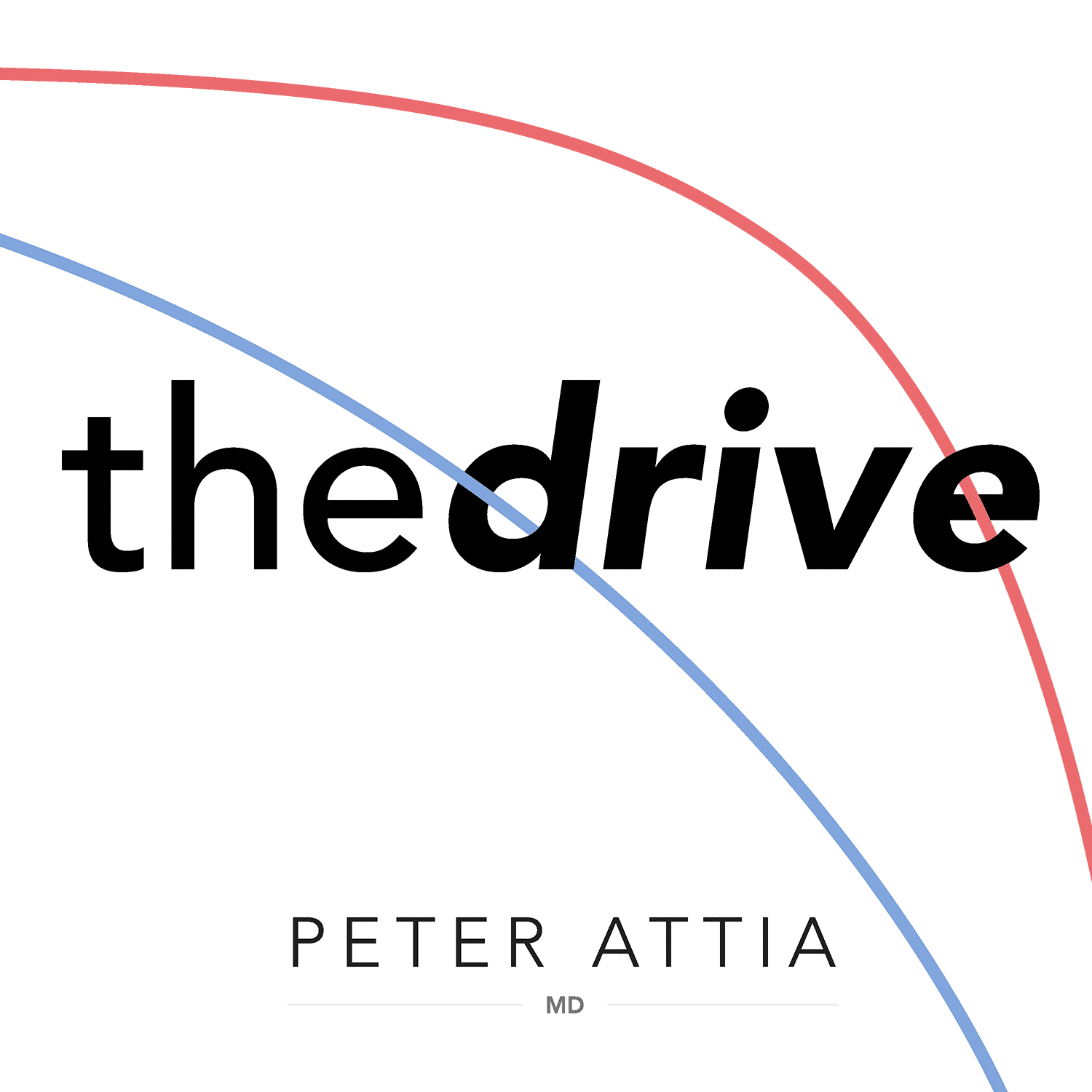
#219 ‒ Dialectical behavior therapy (DBT): skills for overcoming depression , emotional dysregulation, and more | Shireen Rizvi, Ph.D., ABPP
Aug 22, 22 | 02:16:28
View the Show Notes Page for This Episode
Become a Member to Receive Exclusive Content
Sign Up to Receive Peter’s Weekly Newsletter
Shireen Rizvi is a Professor of Clinical Psychology and Psychiatry at Rutgers University, where she is also the Director of the Dialectical Behavior Therapy Clinic. This episode focuses specifically on dialectical behavior therapy (DBT), a skills-based technique which was originally developed to treat borderline personality disorder (BPD) and has since been adapted to treat depression and other mental health conditions, as well as to help people who have difficulty with emotional regulation and self-destructive behaviors. Shireen explains the origins of DBT and how its creator, Dr. Marsha Linehan, came to find a need for something beyond cognitive behavioral therapy (CBT) when attempting to treat patients with suicidal behavior. From there, Shireen dives into how DBT works to resolve the apparent contradiction between self-acceptance and change to bring about positive changes in emotional regulation, interpersonal effectiveness, mindfulness, distress tolerance, and more. She also provides examples for how one can apply specific skills taught with DBT such as accessing the “wise mind,” applying radical acceptance, using the “DEAR MAN” technique, and utilizing an emotion regulation skill called “opposite action.” Finally, she explains how the tenets of DBT offer benefits to anyone, and she provides insights and resources for people wanting to further explore DBT.
We discuss:
- The basics of dialectical behavior therapy (DBT) and how it differs from cognitive behavioral therapy (CBT) [3:00];
- Treating depression with CBT: history, effectiveness, and how it laid the groundwork for DBT [8:15];
- Marsha Linehan’s inspiration for developing DBT [16:00];
- Explaining borderline personality disorder (and associated conditions) through the lens of DBT [20:00];
- How work with suicidal patients led to the development of DBT—a dialectic between change and acceptance [35:30];
- Details of DBT: defining the term “dialectical” and how to access the “wise mind” [44:30];
- Practicing mindfulness and radical acceptance in the context of DBT [51:00];
- Applying “radical acceptance” to tragic scenarios [1:02:00];
- The five domains of skills taught in DBT [1:07:15];
- Why Marsha chose borderline personality disorder as her focus when developing DBT [1:13:30];
- Is there any benefit in doing DBT for someone without a pathological condition? [1:15:45];
- The DEAR MAN skill of DBT [1:20:00];
- Adapting DBT skills for adolescents and families [1:31:00];
- Identifying vulnerability factors, increasing distress tolerance, and the impact of physical pain [1:33:45];
- The DBT chain analysis: assessing problem behaviors and identifying vulnerability factors [1:44:30];
- Why the regulation of emotions can be so challenging [1:50:30];
- The importance of mindfulness skills in DBT [1:53:30];
- Opposite action: an emotion regulation skill [1:57:00];
- Advice for those wanting to explore DBT [2:03:15];
- Finding a well-trained DBT therapist [2:08:15];
- More.
Connect With Peter on Twitter, Instagram, Facebook and YouTube